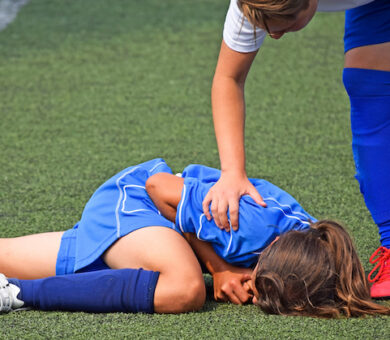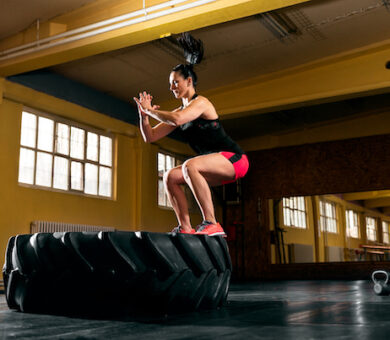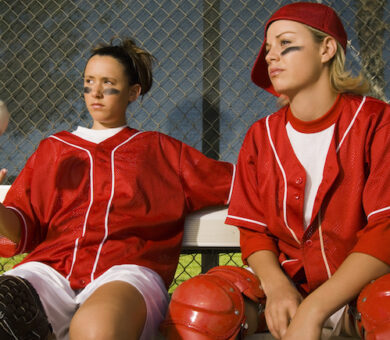Carbs, Proteins and Fats – What Works for Athletes?
There is much confusion and mixed messaging when it comes to nutrition and athletes. Be careful what you read and what you pay attention to. What works best for one person may not be true for another, but there are some real answers to how you should look at food and what works best for athletes.
Carbohydrates
Carbs have been bullied as a trend with athletes. They have been called names like: a waste of calories, or sugar is evil, or carbs are fattening. They have been rejected. They have been misjudged.
Facts About Carbs
Carbs are found in fruit, vegetables, beans (pinto, lima, garbanzo, etc), grains (wheat, rice, corn) and milk.
There are quality carbs, like the ones mentioned above, and then there are sugar carbs found in baked goods.
The quality carbs are the ones that enhance an athlete’s diet.
Should Athletes Cut Carbs?
Athletes need the fueling qualities of good carbs. Eating meals rich in carbs, proteins and fats is all part of a healthy diet that fuels athletes to be able to train so hard. Literally, carbs fuel the muscles of your body and provide stored energy for later use.
With that said, minimizing the excess sugar carbs, like the cookies and deserts, is not a bad idea. But, even then, think in moderation as opposed to cutting it out completely. The US Dietary Guidelines suggest 10% of your calories can come from excess sugar. Eating a small sweet a day is not going to ruin your health.
What About Cravings for Sugar?
If you are craving sugar, you may want to eat more protein earlier in the day. Usually, when we are hungry, we grab quick snacks that are usually full of sugar because we get the quick sugar fix.
By curbing hunger, by eating more protein earlier in the day, you’ll enhance the chances of choosing quality carbs later in the day.
Eating a good breakfast will impact and improve your choices for evening meals.
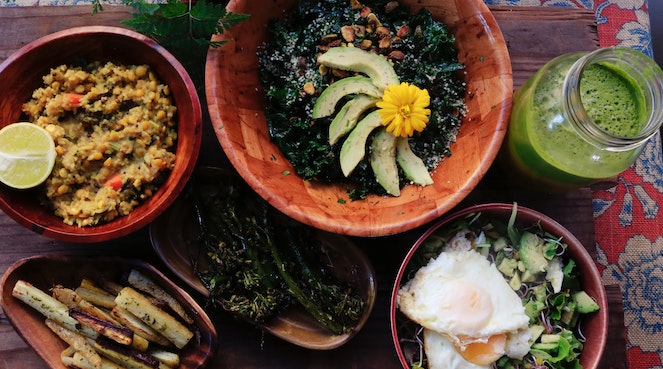
Protein
Athletes need protein. That said, protein is not a stand-alone food that can accomplish all the things fat and carbs do. They are meant to be together.
Facts About Protein
Protein builds and repairs cells, therefore repairing muscle, which gets damaged due to athletic training.
Dietary guidelines suggest 10-15% of the caloric intake be from protein.
You can get protein from eggs, yogurt, lean meats and fish, but you can also get protein from plant-based foods like beans, lentils, quinoa, peanuts, almonds and hummus.
Will Too Much Protein Make My Muscles Too Big?
As athletes train, especially with weight training, muscle mass will increase, but eating protein is not the cause. Protein allows for the repair of your muscles and mostly strengthens the muscle mass you already have.
Eating protein helps you feel more full throughout the day and helps you maintain your lean muscle mass.
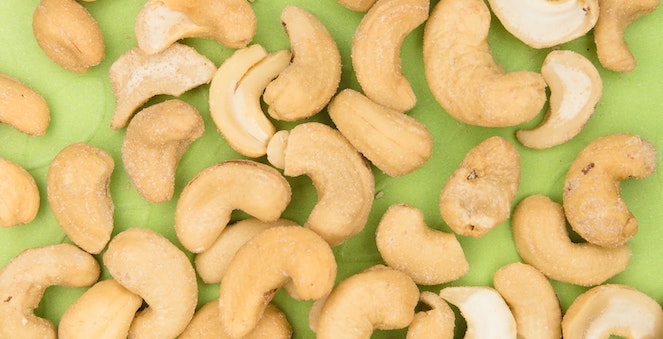
Fat
Like carbohydrates, fat is sort of considered a “no-no” for some. For years, women have been told that eating fat means you will get fat. Go into any grocery store and see the “low-fat” section, meant to attract all those women who want to lose weight. Don’t be fooled by the “low-fat” isle.
Facts About Fat
Fat is essential for a healthy diet, especially for an athlete.
Good sources of fat are: avocados, peanut butter, nuts (like walnuts), seeds (like sunflower and flaxseeds), tofu and soybeans.
Sources of fat that should be limited are fatty meats, chicken with the skin attached, butter, cakes, doughnuts, baked goods, frozen pizza, and crackers. These don’t have to be cut out completely, just not eaten as often as the other types of fat.
Will Cutting out Fat Help Me Lose Weight?
The best way to lose weight is to eat fewer calories than you burn off in a day, period. There are no shortcuts on that when you are an athlete in training. There are so many diet plans and restrictions that promise athletes quick results.
Be careful, as an athlete, trying diet plans that promise quick weight loss. The best way to lose weight, if that is your goal, is to look at food plans as a plan for life. Many college teams will have a person on staff to help athletes with weight loss or weight gain.
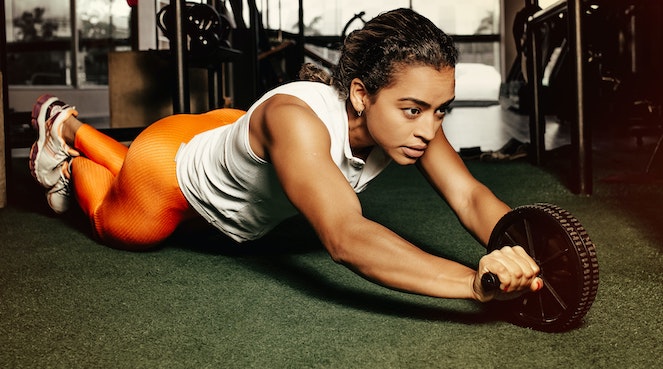
What All This Means for Athletes
When you are an athlete, there may be times when you need to gain, lose or maintain a certain weight. The best approach is to meet with a nutritionist, either when you get to college or before, and to approach weight goals as a slow process. Moving too quickly in either direction could prove to cause more harm than good.
Set goals for weight, if that is something you need to do. Even more important than weight, set goals to be a fit athlete who can compete at the highest levels required of high-level athletes.
As with most things, the more you know, the better prepared you can be. Eating a balanced diet with a mix of carbohydrates, protein and fats will do more for you as an athlete than cutting out one or two of the three.
Be balanced!
Sources: Sports Nutritionist Nancy Clark, MS, RD counsels both casual and competitive athletes at her private practice in the Boston-area. Her best-selling Sports Nutrition Guidebookanswers most nutrition questions and can help you eat to win. Visit www.NancyClarkRD.com for more information.
